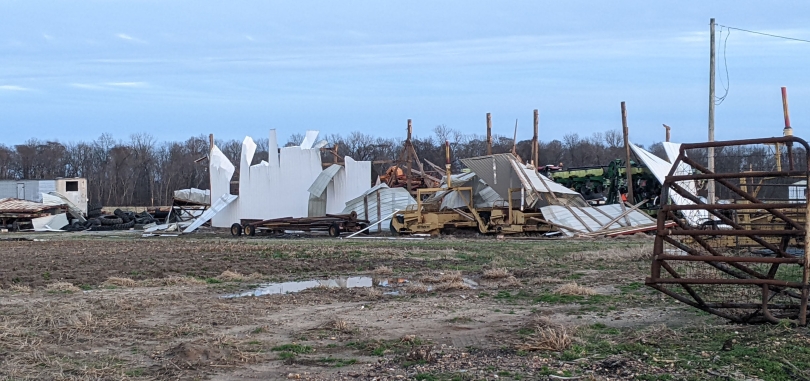
Special / Custom Majors at Dartmouth
Coming into Dartmouth, I knew the college prided itself on the "liberal arts" experience, but it wasn't until relatively recently that I learned to appreciate what that term meant. I suppose you could define it in different ways depending on the perspective, but I think of the liberal arts as a way of thinking – how to crtically think through different lenses to tackle issues across disciplines. That's why there are requirements like learning a new language and distributive courses that you must check off during your Dartmouth journey. These requirements equip you with a way of thinking, broadly, about the world around you. Interdisciplinary academics is one of the best characteristics of Dartmouth, in my opinion, and that trait manifests itself very well in Dartmouth's majors and minors.
There are several pre-made majors and minors to select during your second year at Dartmouth, and I'll leave you to explore the majors and minors website to educate yourself on the specific topic you might want to explore. Notice how I said 'second' year at Dartmouth. During your first year, you have the time to explore a wide range of courses before you select your major or minor. That's the beauty of Dartmouth's liberal arts education; you get to sample all kinds of classes that you might not have otherwise taken at another institution. For example, I took a religion course named "Early Christianity: The New Testament," during the spring of my first year. This course, to this day, remains my favorite course at Dartmouth, and it has virtually nothing to do with my career interests.
If you don't happen to find a major or minor combination that suits you, you can dive into the world of "modified majors" which allows you to essentially mesh together majors from different departments to tweak an academic trajectory just a bit so that it matches your needs. Again, I'll allow you to explore all the different possibilities of your modified major on your own (there are so many to choose from), so I won't go into detail on them here. A quick Google search of "modified majors at Dartmouth" will direct you to many departmental websites discussing the topic. Sometimes your niche academic interests transcend a pre-made list of courses, and Dartmouth allows you to solidify them through the "special major." In my opinion, this is where the beauty of the liberal arts shines through the brightest. It may seem counterintuitive to say that a niche academic area upholds a broad liberal arts education, but sometimes a specific issue or area of intellectual inquiry requires interdisciplinary thinking.

I'm in the process of crafting a special major encompasing many aspects of meteorology and climate science. On one hand, you've got the physical, quantitative science that is rooted in mathematics and physics. This is obviously foundational to understanding the physical phenomena in meteorology. However, perhaps deeper beneath the surface, there are multifaceted aspects of meteorology that require a well-rounded, liberal arts education in communication, social science, and policy to understand meteorological and climate issues through multiple lenses. And from my perspective, viewing issues through multiple lenses is precisely how leaders are scultped and how the biggest problems in the world will be solved.


















